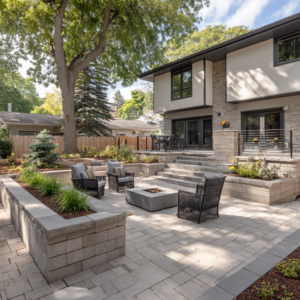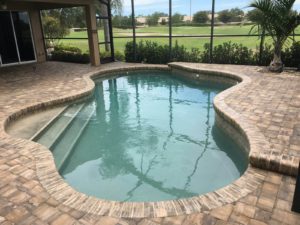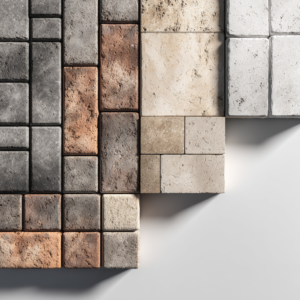Have you ever heard reasons why you shouldn’t seal your pavers? Installing new pavers is an exciting step in transforming your outdoor space – but the decision isn’t always clear-cut when it comes to sealing them, particularly if you’re not familiar with hardscaping practices. You see, while sealing can extend the life of your pavers and enhance their appearance, it’s not necessarily a must-do for every homeowner, and this is the article you need to be enlightened once and for all.
Here, our experts have set apart the main considerations regarding paver sealing over time – so make sure to read till the end to get rid of your doubts.
You may also like: The unmatched beauty of tumbled travertine pavers
Jump to:
Why You Shouldn’t Seal Your Pavers: The Great Paver Sealing Debate
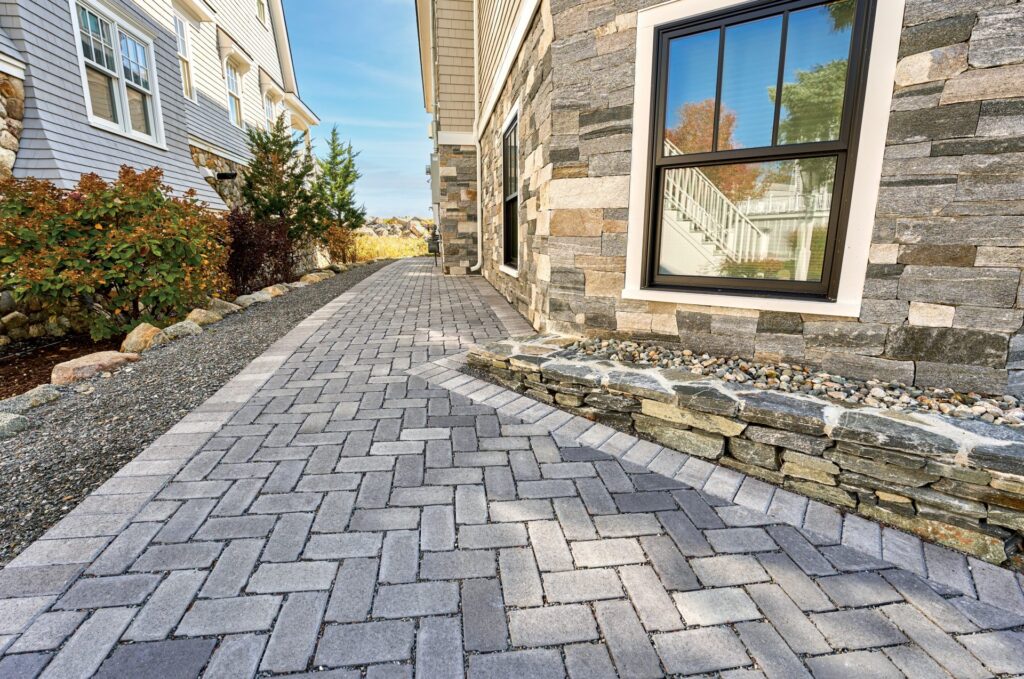
Let’s think about this for a second: the reason why you shouldn’t seal your pavers will most likely depend on the context and background information of your project. Many believe that sealing pavers is essential for maintaining their beauty and longevity. And it’s true – sealing can protect your pavers from stains, fading, and weathering while making them easier to clean. However, not all pavers are created equal, and sealing isn’t always necessary.
Porous Pavers: Why Sealing is Essential
Porous pavers, such as bricks, concrete, and certain types of travertine, have a unique composition that allows them to absorb water and other substances. This characteristic makes them particularly vulnerable to the elements, so sealing these pavers is highly recommended.
- Water Absorption: Porous pavers can act like sponges, soaking up moisture from rain, spills, or even humidity in the air. Over time, this can lead to problems like staining, where the absorbed liquid leaves behind unsightly marks. In colder climates, the freeze-thaw cycle can cause water inside the pavers to expand, leading to cracks and surface degradation.
- Mold and Mildew Growth: In humid or damp environments, porous pavers are prone to mold and mildew growth. These organic invaders not only mar the appearance of your pavers but can also make them slippery and unsafe. Sealing helps to inhibit the growth of mold and mildew by reducing the amount of moisture the pavers can absorb.
- Longevity and Durability: Without a protective sealant, porous pavers are exposed to the full force of nature. Over time, this exposure can lead to erosion, pitting, and other forms of deterioration. Sealing extends the lifespan of your pavers, ensuring they remain strong and beautiful for years to come.
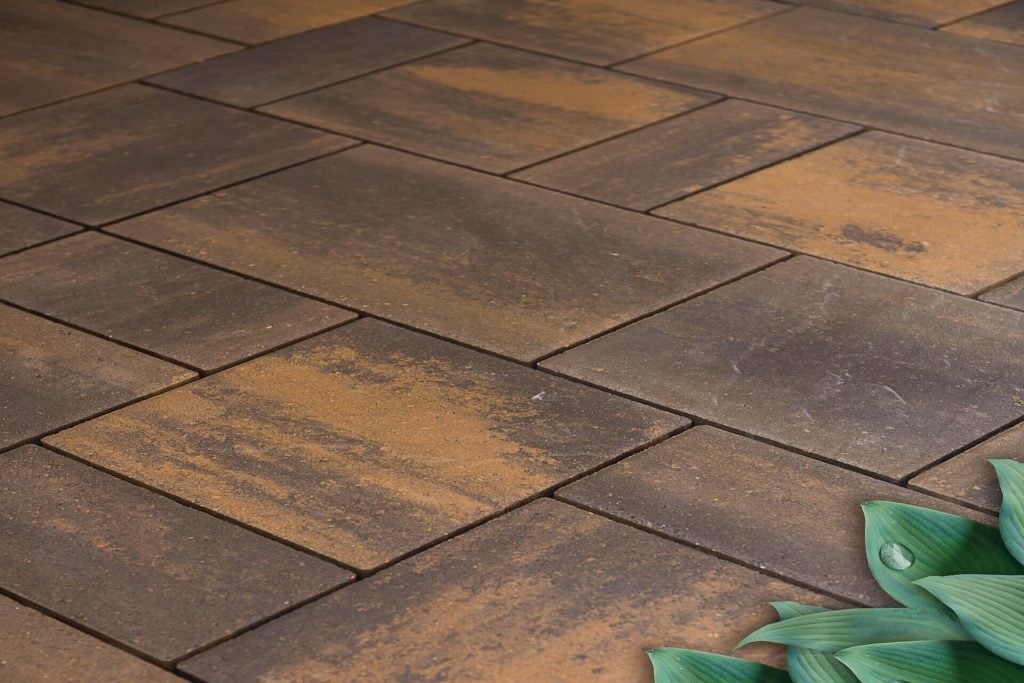
Non-Porous Pavers: When Sealing Isn’t Necessary
Usually, when people think about why you shouldn’t seal your pavers, they are talking about non-porous pavers. Unlike their porous counterparts, non-porous pavers, such as porcelain, are designed with a dense structure that resists water absorption. This inherent property makes them naturally resistant to many of the issues that plague porous pavers.
- Water Resistance: Non-porous pavers are engineered to be highly resistant to water penetration. This makes them ideal for areas exposed to frequent moisture, such as pool decks or patios in rainy climates. Because they don’t absorb water, these pavers are less likely to suffer from staining or freeze-thaw damage.
- Cost and Maintenance Savings: By skipping the sealing process for non-porous pavers, you save on both the initial cost of the sealant and the ongoing maintenance that sealed surfaces require. This makes non-porous pavers a low-maintenance, cost-effective option for homeowners looking for durability without the added steps of sealing.
The Case for Going Sealant-Free
If the question of why you shouldn’t seal your pavers burns inside your mind, we have some pros on the case for you. For homeowners with non-porous pavers, skipping the sealing process can be an attractive option – and typically the norm. While sealing offers protection and longevity, it also involves additional costs and maintenance efforts that shouldn’t even be a need in the first place.
That said, non-porous or porous, here are some compelling reasons why you might choose to leave your pavers unsealed:
Embracing the Natural Look
One of the primary reasons homeowners opt to go sealant-free is the desire to maintain the natural appearance of their pavers. Unsealed pavers have an authentic, raw aesthetic. Over time, these pavers may develop a natural patina – a subtle change in color and texture that adds a sense of character and history to your patio, walkway, or driveway.
Environmental Considerations
Sealing pavers can have unintended environmental consequences if not done carefully. The application of sealants often involves chemicals that can be harmful to surrounding plants and soil. One of the main reasons why you shouldn’t seal your pavers is because of overspray or runoff from sealant application – which can eventually contaminate nearby vegetation, potentially damaging your garden or lawn.
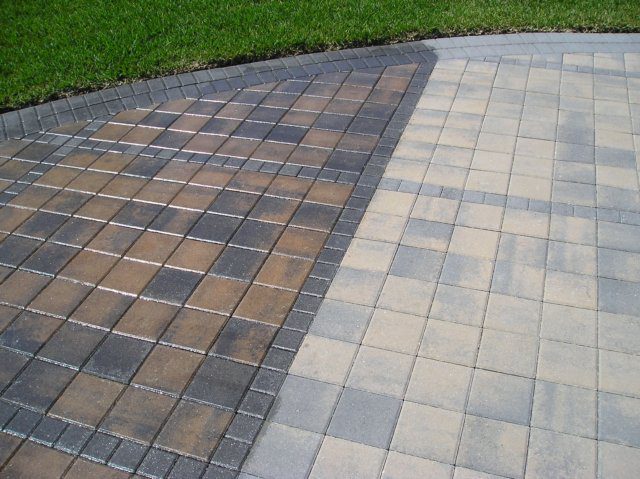
Why You Shouldn’t Seal Your Pavers: Sealing Your Pavers is Usually the Best Choice
While there are valid arguments on why you shouldn’t seal your pavers, particularly with non-porous materials, sealing is generally the best option for most homeowners, and for all materials. The advantages of sealing often outweigh the potential downsides, offering long-term protection and maintaining the aesthetic appeal of your outdoor space.
Key Benefits of Sealing Your Pavers
- Preventing Weed Growth: One of the most common issues with unsealed pavers is the growth of weeds in the joints between them. These unwanted plants can quickly take over, making your patio, walkway, or driveway look unkempt and neglected. Sealing creates a protective layer that helps to block weed seeds from taking root in the sand joints, reducing the need for constant weeding and ensuring your outdoor space remains tidy.
- Protection Against Staining: Everyday substances like oil, grease, and even organic debris can easily penetrate unsealed pavers, leading to stubborn stains that mar the appearance of your surfaces. Whether it’s from a barbecue spill, a vehicle leak, or fallen leaves, stains can be difficult and costly to remove. Sealing your pavers provides a barrier that repels these substances, thus making it easier to clean spills and preventing long-term discoloration.
- Preserving Color and Preventing Fading: Prolonged exposure to the sun and other environmental elements can cause unsealed pavers to fade over time, losing their original vibrancy and becoming dull and lifeless. UV rays, in particular, are notorious for breaking down the pigments in pavers, leading to uneven coloring. By applying a sealant, you protect your pavers from these harmful effects, helping to preserve their rich, natural color for years to come.
- Enhancing Durability and Resisting Damage: Unsealed pavers are more susceptible to damage from everyday wear and tear, including foot traffic, furniture movement, and weather conditions. Over time, this can lead to cracks, scratches, and surface erosion, diminishing the structural integrity of your pavers. Sealing reinforces the surface, making it more resistant to physical damage and extending the lifespan of your pavers.
- Easier Maintenance and Cleaning: Sealed pavers are significantly easier to maintain; the smooth, sealed surface prevents dirt and debris from becoming embedded, making routine cleaning tasks like sweeping or hosing down more effective. Additionally, sealed pavers are less likely to develop mold, mildew, or algae, reducing the need for harsh chemical cleaners.
Why You Shouldn’t Seal Your Pavers: Potential Issues Without Sealing
If you are still thinking about why you shouldn’t seal your pavers, we now have some cons for you. Choosing not to seal your pavers can expose them to several common issues:
- Weed Growth: Unsealed joints are prone to weed intrusion, requiring frequent maintenance to keep them at bay.
- Fading: Exposure to sunlight can cause unsealed pavers to fade, resulting in a dull and washed-out appearance over time.
- Cracking and Scratching: Unsealed pavers are more vulnerable to cracking and scratching, especially in high-traffic areas or under heavy furniture.
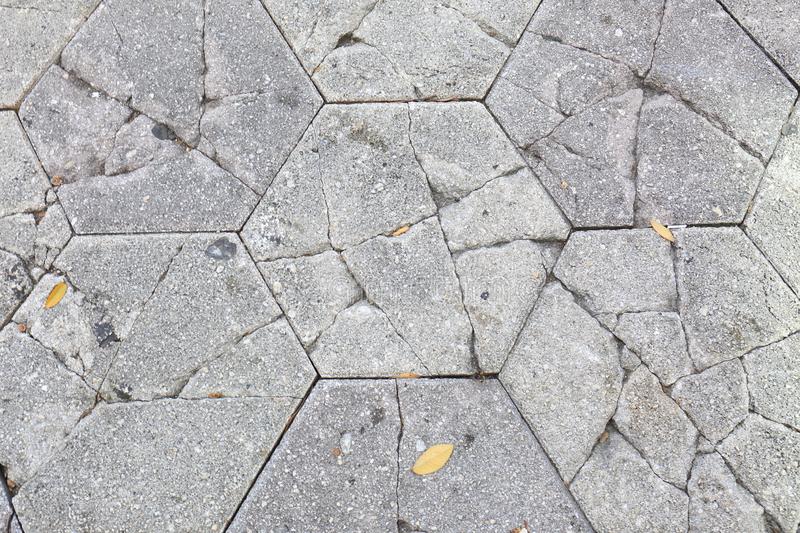
JS Brick: Your Paver Experts
If you have wondered why you shouldn’t seal your pavers but have decided to follow the best way out and actually seal them, we are here for you. Paver maintenance is essential to protect your investment and make your pavers last for decades – and selecting the right partner to help you with that is just as important. With more than 20 years of experience in paver installation, pressure washing, and sealing, JS Brick is the perfect choice for you!
Since its foundation in 2000, we here at JS Brick have been serving Sarasota with top-notch paver installation and maintenance services. Our commitment to quality products, exceptional customer service, and incomparable finesse has been a trademark ever since.

